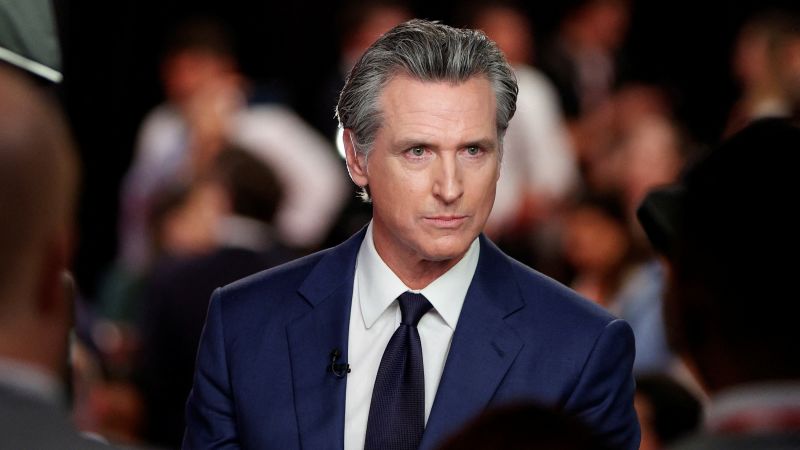California Governor Gavin Newsom vetoed a bill that aimed to regulate the safety of artificial intelligence, citing concerns from the tech industry that it could stifle innovation and drive AI companies out of the state. Newsom stated that he preferred a more empirical and science-based approach to developing guardrails for AI technology and ordered state agencies to assess the risks of potential catastrophic events associated with AI use. The veto was met with disappointment from the bill’s author, Democratic State Senator Scott Wiener, who argued that legislation was necessary to protect the public from the potential dangers of advanced AI systems.
Generative AI, which can create text, photos, and videos in response to prompts, has raised both excitement and fears about its potential impact on society. Concerns include the possibility of job displacement, political manipulation, and the potential for AI systems to overpower humans with catastrophic consequences. While some leaders in California’s AI industry expressed doubts about the bill’s impact on their companies, Wiener emphasized the importance of setting binding restrictions to prevent misuse of this powerful technology.
Despite the veto, Newsom acknowledged the need to take action to protect the public from the risks of AI technology and expressed his intention to work with the legislature on future AI legislation. With federal AI regulation initiatives stalled in U.S. Congress, Newsom suggested that California may need to take a state-specific approach to AI oversight. The Chamber of Progress, a tech industry coalition, supported Newsom’s decision, emphasizing the importance of competition and openness in promoting innovation in the California tech economy.
The vetoed bill would have mandated safety testing for advanced AI models, required developers to outline methods for shutting down AI systems, and established oversight for new AI technologies that exceed existing capabilities. However, the proposal faced opposition from major tech companies such as Google, OpenAI, and Meta Platforms, as well as some members of Congress. While critics argued that the bill was too restrictive and could hinder technological progress, supporters like Elon Musk and Amazon-backed Anthropic believed that the benefits of regulation outweighed the costs.
In addition to vetoing the AI safety bill, Newsom signed legislation requiring the state to assess threats posed by Generative AI to California’s critical infrastructure, including energy, water, and communications systems. By convening industry providers and conducting risk assessments, California aims to proactively address potential vulnerabilities in its infrastructure related to AI technology. As discussions on AI regulation continue at both the state and federal levels, the balance between innovation and safety in the AI industry remains a key consideration for policymakers and technology stakeholders.


